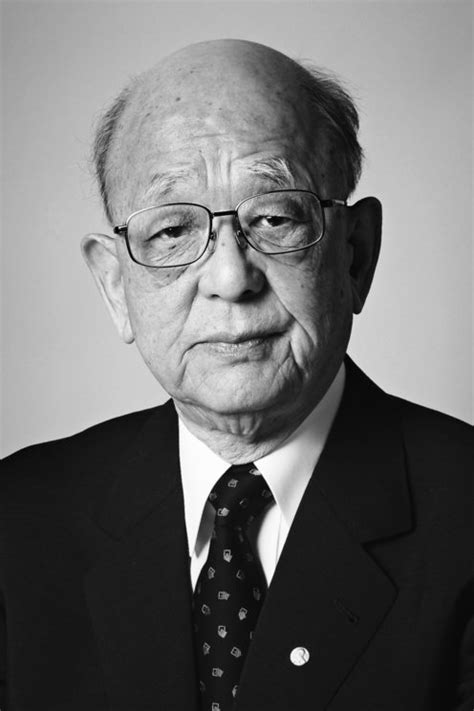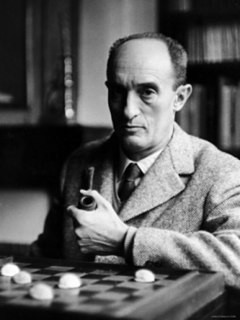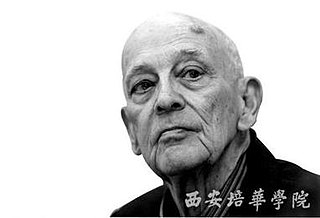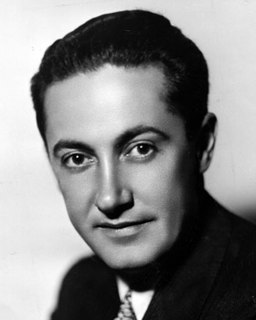A Quote by John Stuart Mill
He who lets the world choose his plan of life for him has need of no other faculty than that of ape-like imitation.
Related Quotes
He who lets the world, or his own portion of it, choose his plan of life for him, has no need of any other faculty than the ape-like one of imitation. He who chooses his plan for himself, employs all his faculties. He must use observation to see, reasoning and judgment to foresee, activity to gather materials for decision, discrimination to decide, and when he has decided, firmness and self-control to hold to his deliberate decision.
Caesar [from the Rise of the Planet of the Apes] was brought up with human beings and because of the drug he had pretty much grown up with his whole life, he felt like an outsider, he felt trapped in an ape's body but he didn't really feel like an ape and that was my way into the character. So he's always had this duality playing him from an infant all the way to now as a fifty-five year old ape.
In total, I have spent 35 years at Hokkaido University as a staff member - 2 and a half in the Faculty of Science, and the other 32 and a half in the Faculty of Engineering. Other than about two years of study in America and a few months in other places overseas, most of my life has been spent at the Faculty of Engineering.
Stupefaction overrode all other emotion when I saw this creature on the lookout, lying in wait for the game. For it was an ape, a large-sized gorilla. It was in vain that I told myself I was losing my reason: I could entertain not the slightest doubt as to his species. But an encounter with a gorilla on the planet Soror was not the essential outlandishness of the situation. This for me lay in the fact that the ape was correctly dressed, like a man of our world, and above all that he wore his clothes in such an easy manner.
Well . . . he lets it ruin his life. He gets so obsessed with going after the one thing that hurt him that he loses sight of everything else. He becomes isolated from everyone and everything. Paranoid. He feels like he can't trust anyone around him ever. In the end, he loses everything, even his life. And for what? Total stupidity, if you ask me.
There was never a man born so wise or good, but one or more companions came into the world with him, who delight in his faculty, and report it. I cannot see without awe, that no man thinks alone and no man acts alone, but the divine assessors who came up with him into life,--now under one disguise, now under another,--like a police in citizen's clothes, walk with him, step for step, through all kingdoms of time.
The government of the enlightened king? His achievements blanket the world but appear not to be his own doing. His transforming influence touches the ten thousand things but the people do not depend on him. With him there is no promotion or praise - he lets everything find its own enjoyment. He takes his stand on what cannot be fathomed and wanders where there is nothing at all.
After the Egyptian and Indian, the Greek and Roman, the Teuton and Mongolian, the Negro is a sort of seventh son, born with a veil, and gifted with second-sight in this American world, - a world which yields him no self-consciousness, but only lets him see himself through the revelation of the other world.
The producer beating a new path for himself through the wilderness is going to do the thing 'differently,' of course. But after a while, he looks about him. The territory is unfamiliar, the forest ahead forbidding. Just how 'different' dare he be? He looks at his resources, and then at the established successes of the past. He suddenly realizes he must play safe, be sure. The unknown is a gamble; the known isn't-at least comparatively. The safest plan, obviously, is to follow the trailblazers. So he produces an imitation of one of the current successes. Usually it is a mediocre imitation.
But the blessed Bishop of Geneva taught his nuns another kind of prayer, which even the sick can make: to remain peacefully in the presence of God, manifesting our needs to Him with no other mental effort, like a poor person who uncovers his sores and by this means is more effective in inciting passers-by to do him some good than if he wore himself out trying to convince them of his need.






































